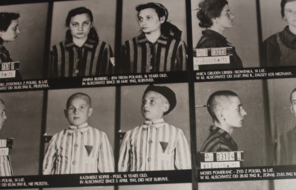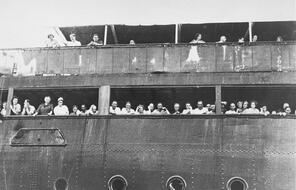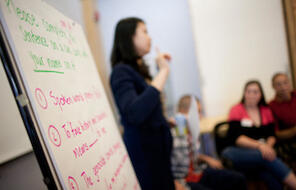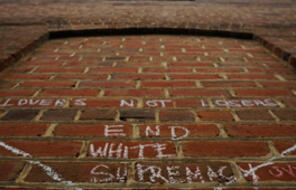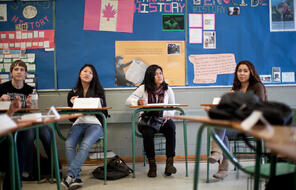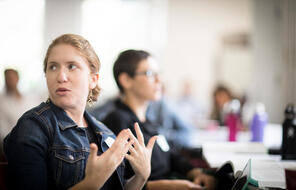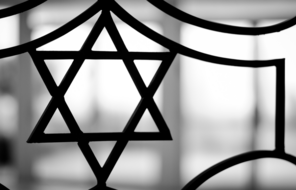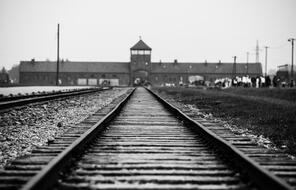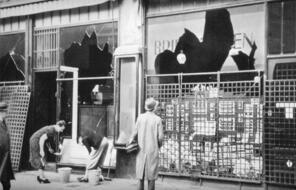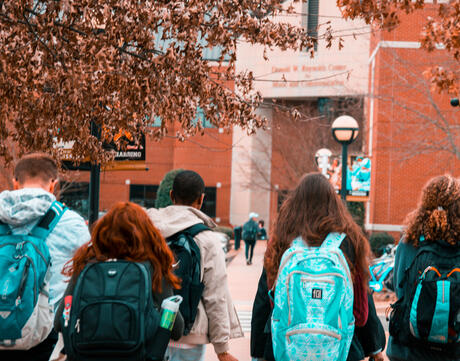
Lessons about Antisemitism Strongly Impact Students
Facing History’s evaluation team recently finished a year-long evaluation of our mini-course Brave Classrooms: Confronting Bigotry and Hatred. Just over 100 teachers attended this four-week series where the following topics were covered: foundational concepts of antisemitism, the persistence of anti-Jewish hate, antisemitism online, how antisemitism and anti-Zionism overlap, and connecting with youth voices.
Key Findings from Students Worth Noting
Once the teachers who had attended Brave Classrooms: Confronting Bigotry and Hatred implemented the tools and resources they’d learned during the mini-course, we followed up with them to distribute student surveys and gather information about what kind of impact these materials had on them. Facing History’s evaluation team surfaced three key findings. This data represents 72 student responses from six different participating classrooms.
of students said the lessons about antisemitism were meaningful for them
of students said they have gained empathy for people who experience antisemitism and other forms of bigotry because of what they’ve studied
of students exposed to Facing History’s resources on antisemitism stood up against antisemitism when they encountered it
These results underscore how impactful even a single Facing History unit can be. The young people we surveyed not only came away with deeper knowledge and care for others, but one out of two students came forward as upstanders when they witnessed hate for themselves. Their ability to connect academics with ethical reflection is essential to creating brave classrooms.
Expanded Understanding of Antisemitism
Facing History also asked our participating students a series of follow up questions to have them rate how their understanding of antisemitism had increased as a result of their recent course. This is how they responded:
- 98% agreed they had an increased understanding of the origins of antisemitism
- 97% agreed they better understood what antisemitism is, how it shows up in the world today, and why it’s dangerous for society.
- 91% agreed they learned about things they can do to respond to antisemitism when they encounter it
- 89% agreed they had a stronger understanding of how antisemitism relates to other forms of bigotry
- 84% agreed they could better identify antisemitism when they saw it online
Additional Takeaways
Almost every student within our surveyed classrooms said that their Facing History lessons helped them to more fully connect with the concept of compassion. They noted that their empathy grew for both victims of antisemitism and individuals who had been on the receiving end of other forms of racism and bigotry.
Other collected data showed that:
of students gained a sense of responsibility for standing up against antisemitism
of students felt they could now recognize antisemitism
of students reported that they now had the ability to stand up to antisemitism
We Know Facing History Works
Of course all of us at Facing History believe that our training and curriculum make a difference in the world—but the proof is in the data. Every professional learning experience and every bit of material we develop for classrooms is created by our educational content experts who take the data from our evaluation team to further refine and improve our offerings. And while the numbers make clear that Facing History works to improve both scholastic and social-emotional outcomes at school, hearing directly from students about our impact is an added bonus.
Here are what some of our student respondents had to say:
“The most meaningful thing was really just learning the definition [of antisemitism] and its origins. I think it’s a lot easier to tackle and understand when you have that base knowledge.”
“I learned how small things like prejudice or misconceptions of a group can grow into something bigger.”

